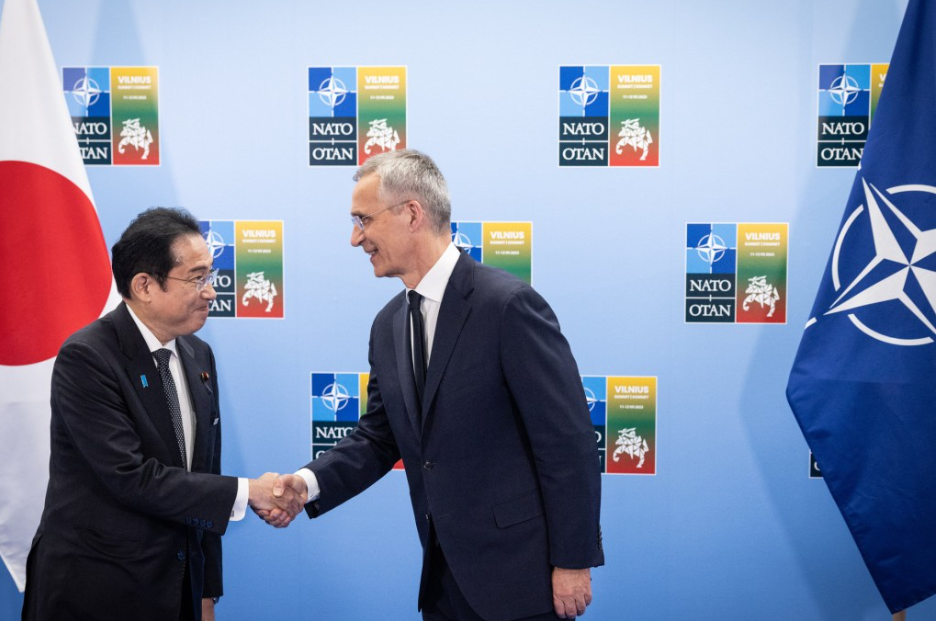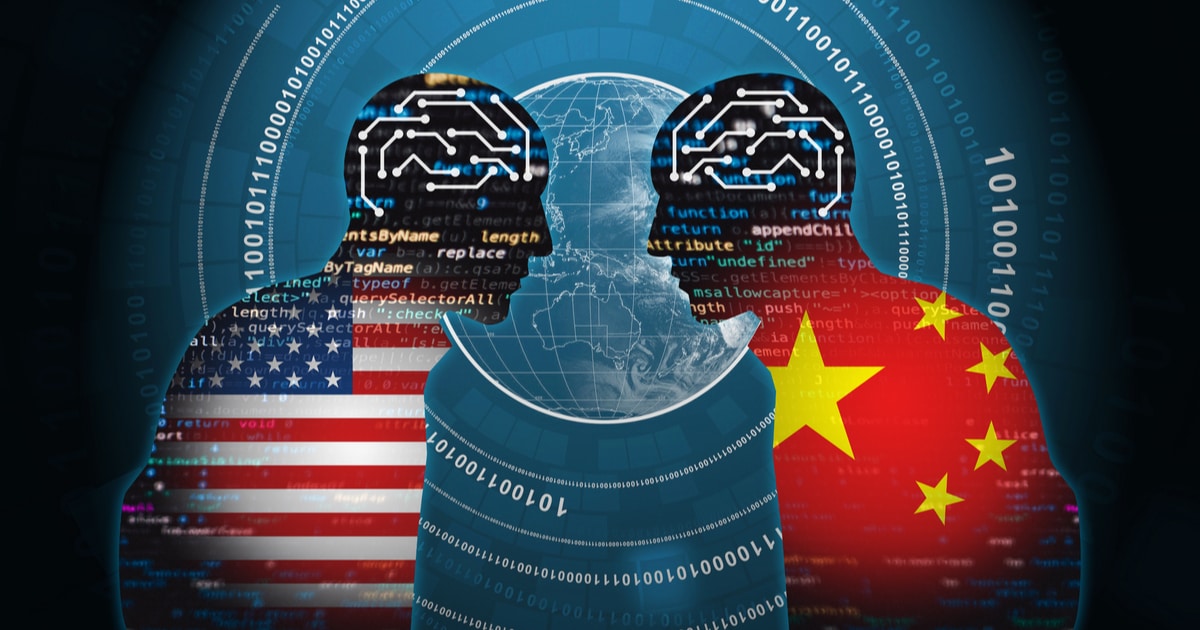Vasilis Trigkas, Visiting Assistant Professor, Schwarzman College, Tsinghua University
Nov 02, 2023
In the post-Cold War era of unrivaled U.S. primacy, the view that economic development and trade would ultimately deliver liberal democracy to China’ had become the default strategic declaration for every American president. A liberal democratic China would become a “responsible stakeholder” and perpetual peace would ensue. The United States has now abandoned that strategy.
Zhang Monan, Deputy Director of Institute of American and European Studies, CCIEE
Oct 24, 2023
New regulation on cross-border data to be released by cyberspace authorities is a bold innovation that will spur further breakthroughs in management and create a new balance between development and security interests.

Muhammad Yunus, Economist and 2006 Nobel Peace Prize Winner
Oct 22, 2023
The conflict between Israel and Palestine is a very old problem which has become much more complicated now because of the treatment that the people of Palestine have been receiving from Israel. It has been brewing over time and suddenly recently it became very explosive and unacceptable against any civilised standard.
Josephine Wolff, Assistant Professor, Rochester Institute of Technology
Oct 20, 2023
China’s internet regulations and perceived willingness to mobilize its domestic tech industry for espionage have led to preventative measures being taken by the U.S. in the form of bans and sanctions against Chinese tech.
Ted Galen Carpenter, Senior Fellow, Randolph Bourne Institute
Oct 20, 2023
South Korea’s relationship with the U.S. as a protectorate has benefited Seoul strategically and economically. As tensions between China and the U.S. change the geopolitical climate of the region, South Korea may want to reevaluate the cost of a large U.S. military presence in their territory.
Dan Steinbock, Founder, Difference Group
Oct 13, 2023
Despite massive aid, U.S. policies have failed to achieve peace in Israel, West Bank and Gaza, thus eroding U.S. credibility in the region. Why did U.S. policies fail? Could Chinese policies contribute to peace?
Xiao Bin, Deputy Secretary-general, Center for Shanghai Cooperation Organization Studies, Chinese Association of Social Sciences
Oct 11, 2023
The war in Ukraine has provided the Biden administration with a chance to realize America’s geopolitical ambitions. Courting the nations of Central Asia could become a major Western success story. But it’s just as likely to end in catastrophe.

Sebastian Contin Trillo-Figueroa, Geopolitics Analyst in EU-Asia Relations and AsiaGlobal Fellow, The University of Hong Kong
Sep 29, 2023
Since the end of World War II, the West’s hegemonic power has been synonymous with the NATO alliance. Decades later, the scope of NATO’s cause has expanded far beyond the “North Atlantic,” and is now locking horns with an ascendant China.
Richard Javad Heydarian, Professorial Chairholder in Geopolitics, Polytechnic University of the Philippines
Sep 22, 2023
Tensions are continuing to escalate in the South China Sea, specifically with the Second Thomas Shoal dispute between the Philippines and China. And in response to China's actions, the Philippines' are shifting towards stronger defense ties with the U.S., including potential joint patrols and resupply missions. If careful diplomacy is not employed, there could be a potential crisis and risk of armed clashes in the South China Sea.

Brian Wong, Assistant Professor in Philosophy and Fellow at Centre on Contemporary China and the World, HKU and Rhodes Scholar
Sep 21, 2023
The rapid developments in Artificial Intelligence (AI) present a multitude of challenges that demand regulatory attention. And if the U.S. and China can’t reconcile some of their differences on AI regulation and safety, the whole world will suffer.